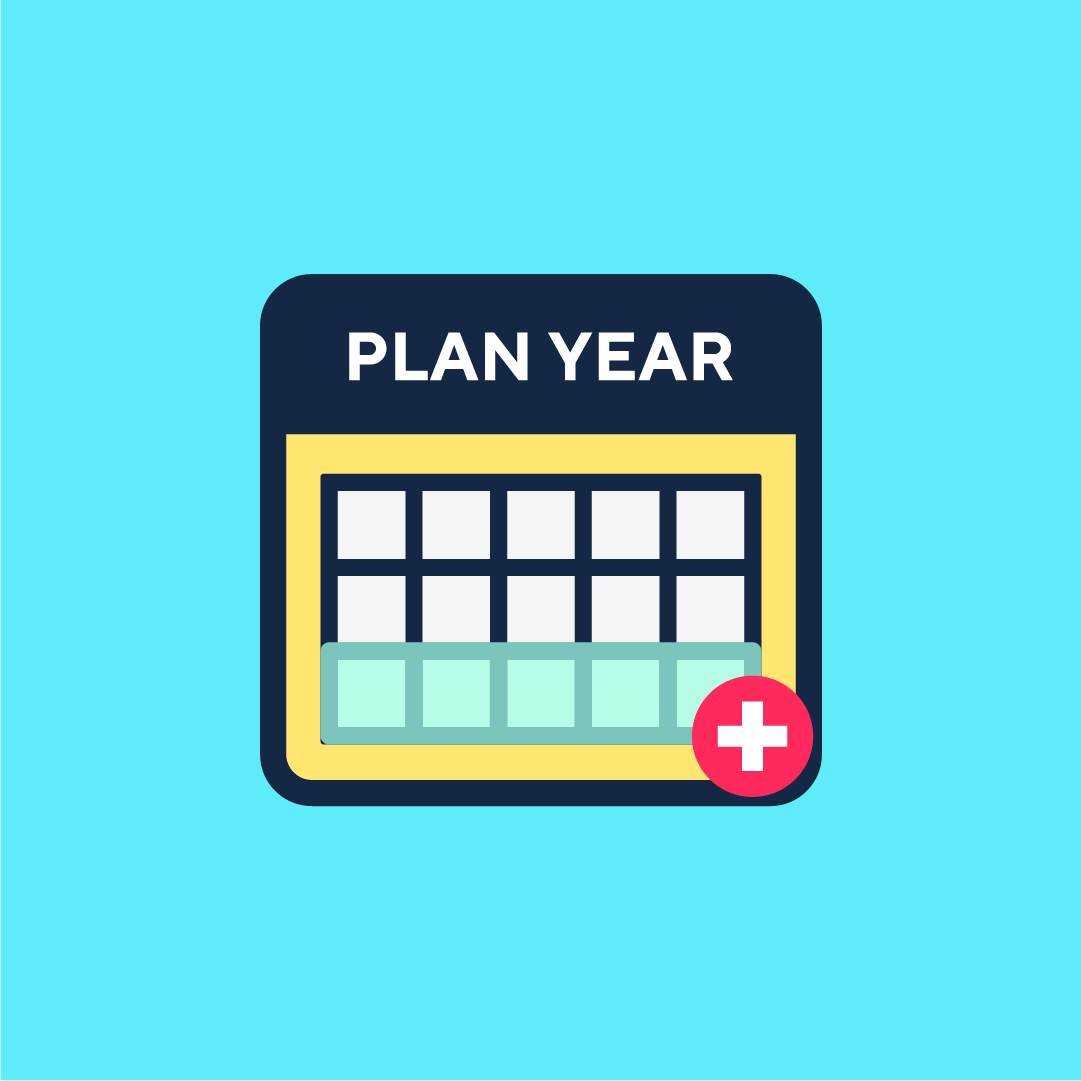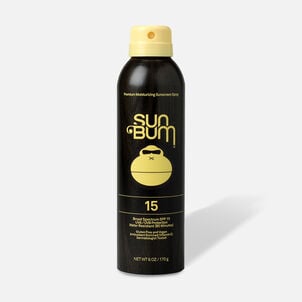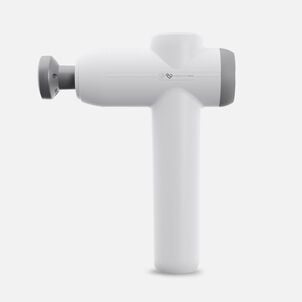Have you fully maximized your 2020 HSA contribution? End of year tips

You're probably well aware of all the great perks that come with an HSA — triple tax savings, the ability to pay for qualified medical expenses from your account, and depending on your HSA account provider, the option to invest through a brokerage.
What about making the most of what you've put into your HSA at the end of the year? As we're in the final few months of 2020, here are a few ways you can maximize your HSA contribution:
Contribute the maximum amount to your HSA
To start, do some simple math to figure out how much you'll need to save to hit the contribution limit. Remember: For the 2020 tax year, the HSA contribution limits are $3,550 for individuals and $7,100 for families (IRS).
Remember: You actually have until tax day, which is April 15, 2021, to contribute to your HSA for 2020. So while your budget might be tight during the holidays, you can still aggressively save until next April to tuck away enough to hit the maximum amount.
(Note: For the 2019 tax year, the deadline to make a contribution to your HSA was July 15, 2020. That's because in light of the public health crisis, the deadline to file taxes was extended, and the deadlines to make a contribution to your HSA is tied to IRS filing deadlines. There has been no announcement made of an extended deadline to contribute to their HSA funds for the 2020 tax year.)
Auto-save your contributions
One of the simplest things you can do to maximize your 2020 HSA contribution is to set up auto-savings to your HSA with your HSA provider . Once you set your contributions on autopilot you won't have to fret over whether you've done your due diligence. Nor do you have to quibble over whether you can afford to save.
Make a larger end-of-year contribution
This might sound nerdy, but if you are able to swing it — make a larger contribution to your HSA at year's end. You can think of it as a little bonus towards "future you."
How? We're well aware holidays can already be quite tight budget-wise. Consider looking at your living expenses to see what you can trim. Then, put that savings directly into your HSA . For instance, maybe your list of people you need to buy presents for can be shaved off a bit. Or you're cutting back on holiday-related expenses because you won't be traveling this year.
Use your HSA funds for qualified medical expenses
To make the most of your HSA dollars, use them for qualified medical expenses. This includes co-payments, prescription medications, dental work, and eyeglasses. Qualified medical expenses can go beyond co-pays and prescriptions to other health-related expenses such as feminine care and other health essentials.
You'd be surprised at exactly what's eligible. , You can use funds from your HSA to purchase a variety of medical supplies and equipment and OTC items. Here's just a tiny sample:
- lip balm
- heating pads and wraps
- sunscreen
- first aid kits
- motion sickness aids
Scratching your head? Or are you perhaps met with an element of feeling surprised? There are a glut of qualified medical expenses. What you're looking at is a tiny sliver of what might be eligible. If you're not sure if it's a qualified medical expense, you can scour the HSAstore website to check.
Spend on on-sale items of supplies and equipment you need
While you're not allowed to stockpile supplies, make a list of items you'd like to tend to before 2021 is here. For instance, perhaps it's time to get new prescription eyeglasses. Make a list of what you need, see how much you would like to pull from your account, and do your research to see what might be on sale this time of year..
Take advantage of the catch-up contribution
We talked about how the most you can sock away into your HSA is $3,550 for individuals, and $7,100 for families. If you're age 55 and over, you can add an additional $1,000 as a catch-up contribution. Not sure how you can go about affording to do so?
Tap into previously aforementioned tactics, such as doing simple math to figure out how much you should save each week to save the max. Then commit to auto-saving that amount.
Use the funds to invest in retirement
On the flip side, depending on your HSA provider, you might have the option to use your HSA as an investment vehicle for retirement. While an HSA is not a retirement account, some HSA providers have a partnership with a stock brokerage, and you can squirrel away your funds, then transfer them to the brokerage.
This might be a good idea if you prefer not to use your HSA funds for eligible medical expenses, and would like your money to grow in the long run. There's no limit as to how much of your funds you can put into an investment account, so if you like, you could potentially put all of your contributions toward investing. You can also invest part of your HSA money, and use part of it toward your medical expenses. We put together a full guide on HSA investment you can check out!
Use the funds to help you save today
If you can't afford to use your HSA funds toward investing, then it's probably best to use your contributions to pay for medical expenses to help you live a healthier life in the here and now. There's also a triple tax advantage that comes with HSAs — they grow without tax obligations, your contributions lower your taxable income, and any withdrawals you make to cover qualified medical expenses are tax-free.
Use the perks to your advantage
There are certainly a lot of great features of a Health Savings Account (HSA). For one, HSAs can be tied to your employer or you can open one if you're self-employed as long as your health insurance is a high deductible health plan with an HSA option.
The beauty of HSAs is inherent in their flexibility and versatility. There's no deadline as to when you'll need to use up the funds in your account, so there's no pressure to use up your HSA balance. What that means is depending on your needs, current financial situation, and short-term and long-term goals, you decide on how you would like to best use those funds.
Thanks for visiting the HSAstore.com Learning Center. For the latest info about your health and financial wellness, be sure to follow us on Facebook and Twitter.
Jackie Lam
Jackie Lam is a personal finance writer and is based in Los Angeles. Her work has appeared in Business Insider, Salon, Mental Floss, and GOOD. She is a candidate for the ACFPE® financial coaching certification.
Jackie is passionate about helping artists, freelancers, and gig economy workers with their finances. She has in-depth experience writing about budgeting, investing, frugality, money, and relationships, and loves finding interesting stories that revolve around money.


.png)














